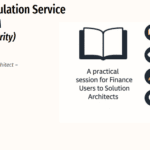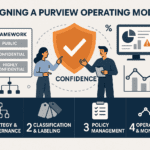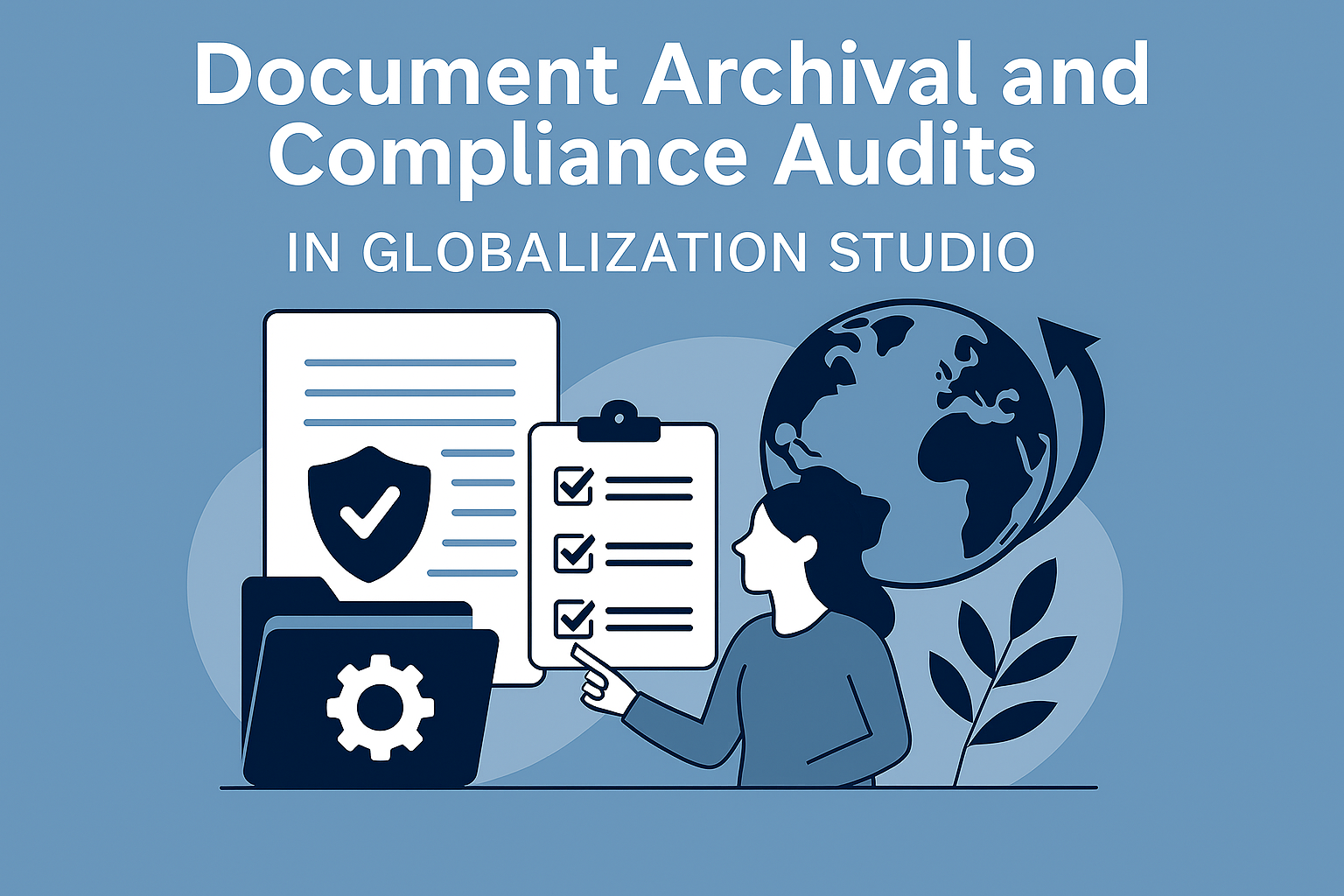

AR501 – Best Practices for Changing Customer Invoice Due Dates in Dynamics 365 Finance & Supply Chain

Table of Contents
ToggleIntroduction
Changing the due date on an invoice that has already been generated and sent to customers is a task that needs careful consideration in any business environment. In Microsoft Dynamics 365 Finance & Supply Chain(D365F&SCM), making modifications to an invoice, particularly its due date, has implications on financial records, customer relationships, and overall cash flow management. This article explores the best practices for pre- and post-changing invoice due dates in D365F&SCM, ensuring that the process is smooth, compliant, and beneficial for both the organization and its customers.
Understanding the Impact of Changing Invoice Due Dates
Before making any changes, it is essential to understand the broader impact that modifying an invoice due date can have:
- Cash Flow Implications: Adjusting the due date affects the timing of expected payments, which can influence cash flow forecasts and overall liquidity.
- Customer Relations: A change in the due date might cause confusion or dissatisfaction if not communicated clearly. Therefore, businesses must handle such changes delicately to maintain strong customer relationships.
- Financial Records: The system must properly update the accounting records, including aging reports, revenue recognition, and financial statements, ensuring accuracy.
- Compliance and Legal Considerations: Altering a due date must not violate any pre-established contractual agreements or regulatory requirements that govern the business relationship with the customer.
With these impacts in mind, businesses should approach changing due dates with a well-established process that takes into account both internal and external stakeholders.
Step-by-Step Instructions to Change Due Date in Dynamics 365 Finance & Supply Chain
1. Navigate to the Sales ledger Module
- From the main menu, navigate to the Sales ledger module.
- Click on Invoices Journal under the Sales ledger > Enquiries and reports > Invoices section.
2. Locate the Invoice
- In the Invoice journal or All invoices list, search for the customer invoice that you want to modify.
- Use filters such as invoice number, customer name, or status to narrow down your search.
- Go to Transactions

3. Locate Open details
- Once you have located transactions, locate Open details

4. Edit the Due Date
- Inside the Open details, locate the Due Date field. This field will display the original due date for the invoice.
- Click on the Edit or Change button to enable modification of the due date.
- Enter the new desired due date in the Due Date field.

5. Review and Update Payment Terms (if applicable)
- If the change in the due date affects any payment terms, such as early payment discounts or late payment penalties, update the Payment Terms section accordingly.
- Ensure that any contractual agreements with the customer are reflected in these terms.
6. Save the Changes
- After making the necessary changes to the due date, click Save to update the invoice record in the system.
- Ensure that the change is reflected correctly and that the invoice is updated in your Sales ledger ledger.
No Out-of-the-Box Solution for Bulk Import of Due Date Changes
While Dynamics 365 Finance & Supply Chain (D365F&SCM) provides powerful features for managing customer invoices, it does not offer an out-of-the-box solution for bulk importing or bulk changing due dates across multiple invoices. This limitation is due to several factors related to data integrity, compliance, and customer-specific agreements.
Why Bulk Due Date Changes Are Not Supported Out-of-the-Box
- Risk of Data Integrity Issues Bulk changes to due dates can have significant repercussions on the integrity of financial data, including aging reports, cash flow forecasting, and customer payment tracking. The lack of a built-in feature for bulk due date changes helps prevent accidental errors that could disrupt the accuracy of financial records.
- Customer-Specific Agreements Invoices may have customer-specific payment terms or negotiated conditions that depend on the original due date. Bulk changing due dates could unintentionally violate these terms or fail to account for varying customer agreements.
- Audit Trail and Compliance Maintaining a clear and auditable trail of changes to financial records is crucial for compliance with financial regulations (e.g., Sarbanes-Oxley). Bulk changes could obscure the origin of modifications and make it harder to trace who approved or made the changes. D365F&SCM avoids this risk by requiring manual updates for each invoice to ensure proper documentation and traceability.
- Complexity of Invoicing Processes D365F&SCM invoices are often part of a broader process, such as sales orders, delivery management, and payment terms that vary by customer. Bulk changes could interfere with complex invoicing setups and cause unintended consequences for financial records and customer accounts.
Custom Solutions for Bulk Changes
For businesses that require the ability to change due dates in bulk, D365F&SCM offers a high degree of customizability. While there is no out-of-the-box feature, businesses can create custom solutions to meet specific needs, such as:
- Batch Processing Scripts: Custom scripts or batch jobs can be developed to update due dates in bulk based on predefined criteria.
- Extensions and Custom Development: Businesses can leverage D365F&SCM’s extension framework to create tailored solutions that allow bulk due date changes while ensuring compliance with internal controls, audit trails, and customer-specific payment terms.
- Workflow Automation: Custom workflows can be set up to automatically request approval before making bulk due date changes, ensuring that changes are made with appropriate oversight and documentation.
By creating customizations in D365F&SCM, businesses can streamline their processes while maintaining control over the accuracy and compliance of financial data.
Conclusion
Changing the due date on an invoice in Dynamics 365 Finance & Supply Chain (D365F&SCM) is an important task that requires careful consideration. While there is no out-of-the-box solution for bulk changing due dates, the system provides a robust, flexible environment that allows for individual invoice management. Following best practices for pre- and post-change processes ensures that changes are handled with accuracy and transparency.
For businesses that need to manage large-scale changes to invoice due dates, custom solutions are available to automate and streamline this process while maintaining data integrity, auditability, and compliance. By carefully managing invoice due dates, businesses can minimize the risks associated with financial reporting and customer relationship management, ensuring that their operations run smoothly.
Expand Your Knowledge: See More Sales Ledger (Accounts Receivable) Blogs
I am Yogeshkumar Patel, a Microsoft Certified Solution Architect and Enterprise Systems Manager with deep expertise across Dynamics 365 Finance & Supply Chain, Power Platform, Azure, and AI engineering. With over six years of experience, I have led enterprise-scale ERP implementations, AI-driven and agent-enabled automation initiatives, and secure cloud transformations that optimise business operations and decision-making. Holding a Master’s degree from the University of Bedfordshire, I specialise in integrating AI and agentic systems into core business processes streamlining supply chains, automating complex workflows, and enhancing insight-driven decisions through Power BI, orchestration frameworks, and governed AI architectures. Passionate about practical innovation and knowledge sharing, I created AIpowered365 to help businesses and professionals move beyond experimentation and adopt real-world, enterprise-ready AI and agent-driven solutions as part of their digital transformation journey. 📩 Let’s Connect: LinkedIn | Email 🚀




















Post Comment